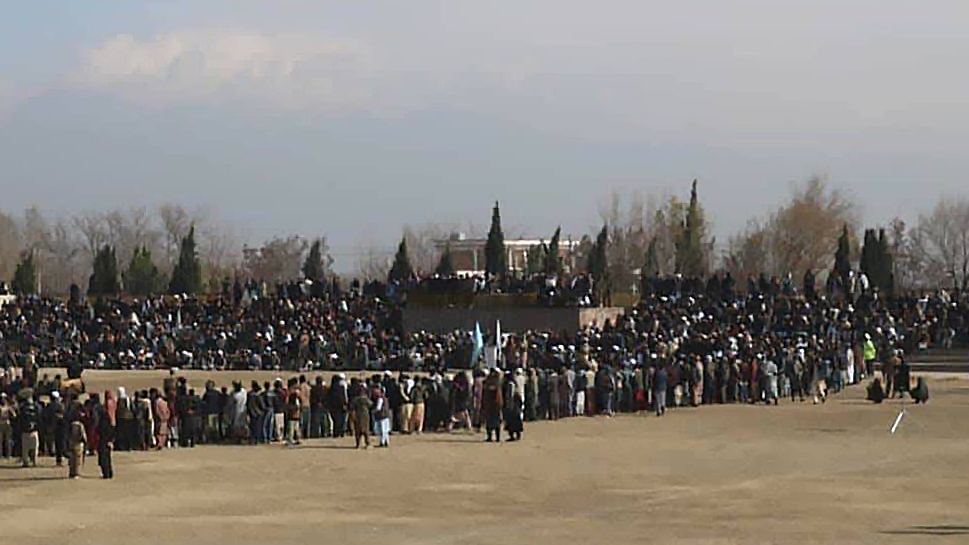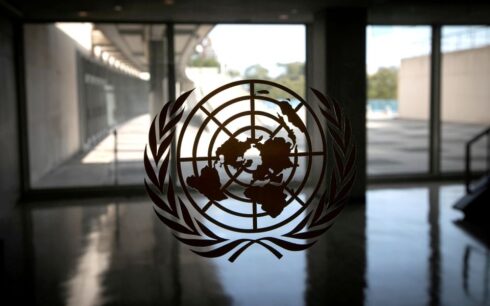The Taliban carried out public floggings of four individuals in Paghman district, located in the western part of Kabul province. Taliban confirmed the act through a statement issued by their high court.
According to the statement, the four individuals had been arrested on charges of “debauchery” near Qargha Lake in western Kabul. Each accused received 27 lashes as part of their punishment and was sentenced to three months of imprisonment.
This incident is part of a concerning trend where the Taliban has engaged in public floggings, affecting hundreds of people since December of the previous year, for various alleged crimes. These actions have triggered strong condemnation from international organizations. However, the Taliban has justified their rulings by claiming they are in accordance with Sharia law.
Public floggings have been a recurrent and deeply disturbing practice employed by the Taliban during their previous regime and have now resurfaced since their return to power. Such floggings involve individuals being publicly beaten with a whip or lash as a form of punishment for perceived offenses against the Taliban’s interpretation of Islamic law.
The practice has been met with widespread criticism and concern from human rights organizations and the international community. Critics argue that public floggings violate basic human rights, including the prohibition of cruel, inhuman, and degrading treatment or punishment. They also argue that such acts perpetuate fear and create an atmosphere of intimidation.
In the past, public floggings by the Taliban have targeted individuals accused of a range of offenses, including adultery, premarital relations, and violating the Taliban’s strict moral code. These punishments are often carried out in public squares or other highly visible locations, serving as a brutal spectacle intended to instill fear and enforce compliance with the Taliban’s interpretation of Islamic law.
Rights organizations have said that public floggings represent a grave violation of human rights, contradicting the principles of justice, dignity, and equality. The international community has said it continues to monitor and condemn such practices, calling for an end to such punishments.





